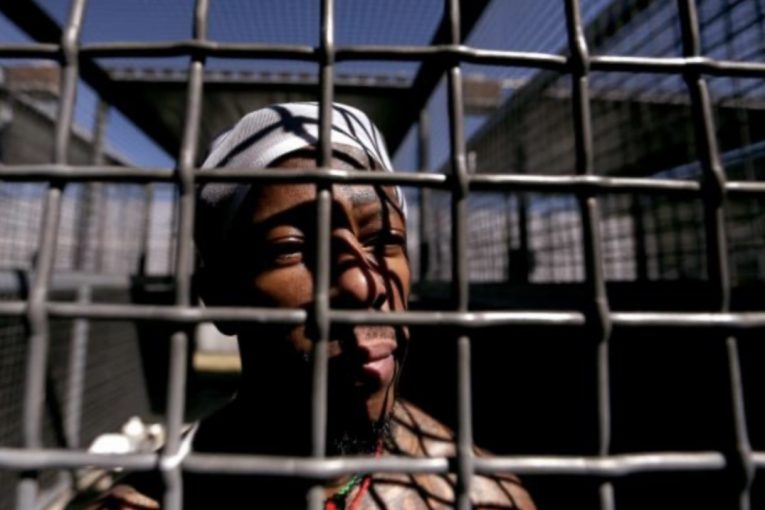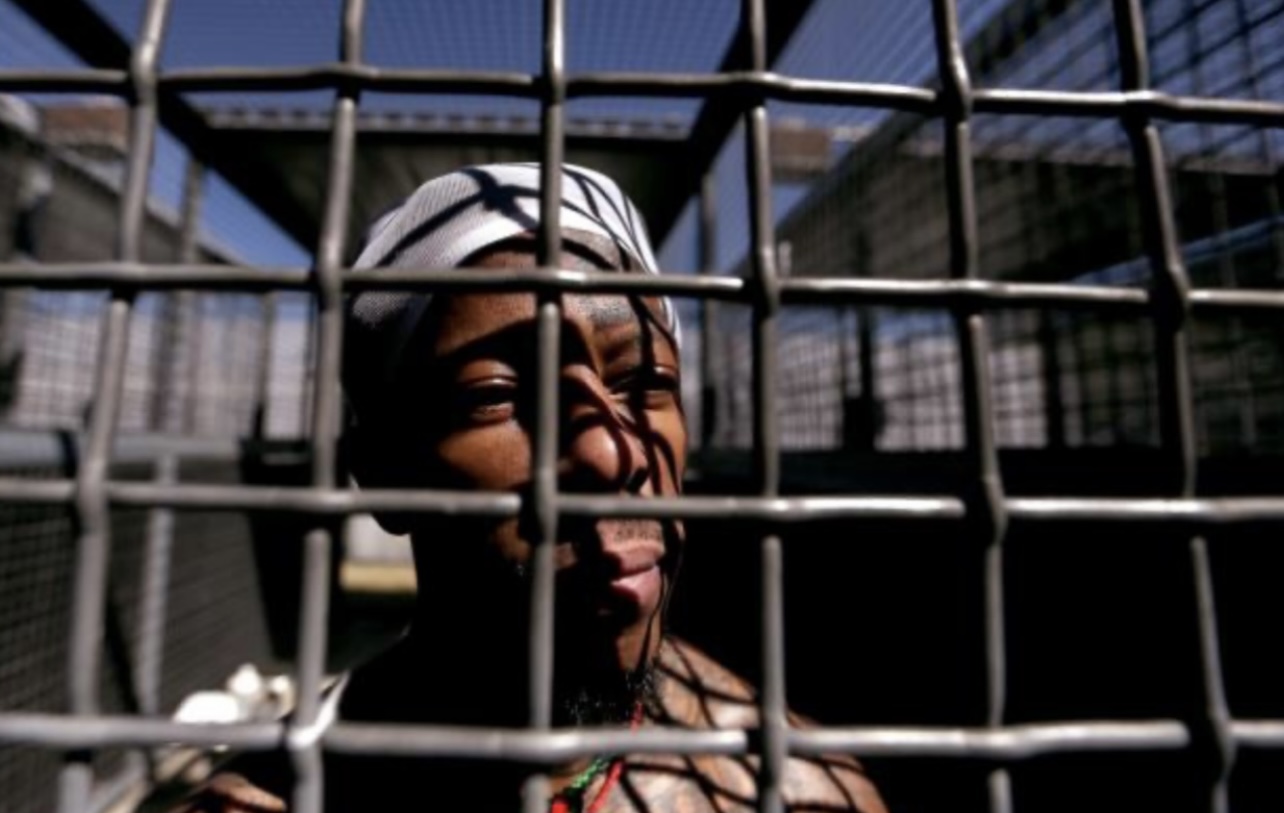

by Rodney Wrice
In the glaring spotlight of societal scrutiny, the conversation about the inflicted trauma of incarceration and reentry in America takes center stage. This discourse gains newfound depth and poignancy when examined through the lens of an individual like myself who spent 33 years within the unforgiving confines of California’s most dangerous prisons, serving a 40-year-to-life sentence. The narrative that unfolds is not merely a personal testimony but a call to action, rooted in evidence-based studies that shed light on the enduring scars borne by those who traverse the treacherous journey from prison to freedom.
Understanding the multifaceted trauma inflicted upon individuals during their time behind bars necessitates an exploration of the harsh realities of prison life. A study conducted by the American Psychological Association (APA) reveals that prolonged  exposure to the hostile environment within correctional facilities leads to heightened stress levels, triggering a cascade of psychological and physiological responses. In my case, again as one who served time in California’s most perilous prisons, the constant threat to personal safety, the prevalence of violence, and the loss of autonomy fostered an environment ripe for lasting trauma.
exposure to the hostile environment within correctional facilities leads to heightened stress levels, triggering a cascade of psychological and physiological responses. In my case, again as one who served time in California’s most perilous prisons, the constant threat to personal safety, the prevalence of violence, and the loss of autonomy fostered an environment ripe for lasting trauma.
The trauma of incarceration, however, does not confine itself within prison walls; it reverberates into the process of reentry into society. A longitudinal study published in the Journal of Criminal Justice and Behavior highlights the challenges faced by individuals rejoining society after prolonged incarceration. The study found a strong correlation between extended prison sentences and difficulties in securing stable employment, suitable housing, and rebuilding fractured social connections. For me, the daunting prospect of reintegration loomed large, with the residual effects of incarceration complicating every step towards a semblance of normalcy.
In the pursuit of a comprehensive understanding of the trauma inflicted by the criminal justice system, it is imperative to acknowledge the inadequacies within the reentry process. A report by the Vera Institute of Justice underscores the inadequacies in existing reentry programs, emphasizing the need for tailored interventions that address the unique challenges faced by long-term inmates. For me the lack of effective support systems during reentry perpetuated the cycle of trauma, amplifying the difficulty of acclimating to a society vastly different from the one left behind just three years ago.
The narrative gains further resonance when considering the racial disparities embedded within the criminal justice system. A study conducted by the Sentencing Project illuminates the disproportionate impact of incarceration on communities of color, with African Americans and Hispanics bearing the brunt of lengthy sentences. My journey, set against this backdrop of systemic inequality, becomes emblematic of a larger societal ill that demands systemic reform.
To fully comprehend the depth of the trauma inflicted by incarceration and reentry, it is essential to recognize the potential for post-traumatic growth. Research published in the Journal of Traumatic Stress emphasizes the resilience that can emerge from traumatic experiences, positing that individuals can undergo profound personal transformations. My story serves as a testament to the human spirit’s capacity to endure and adapt, offering hope amidst the stark realities of the criminal justice system.
The uncomfortable conversation surrounding the trauma of incarceration and reentry in America finds its voice through the lived experiences of those who have faced the abyss of the prison system as I have and not simply by those studying or profiting from our lived experiences. Drawing on evidence-based studies spoken or written by those like myself now 2x author of the books Overcoming Gangs and Poverty and Pathway to Renewal – a Guide to Thriving after Incarceration, we unravel the layers of trauma that persist, both within the prison walls and during the arduous journey back into society. This narrative compels us to confront the inadequacies within the criminal justice system, advocating for reform that recognizes the humanity of those ensnared within its grasp.
https://substack.com/@changinglivesforever?utm_source=profile-page
https://www.amazon.com/registries/gl/guest-view/3C6A72UR7YWUG
